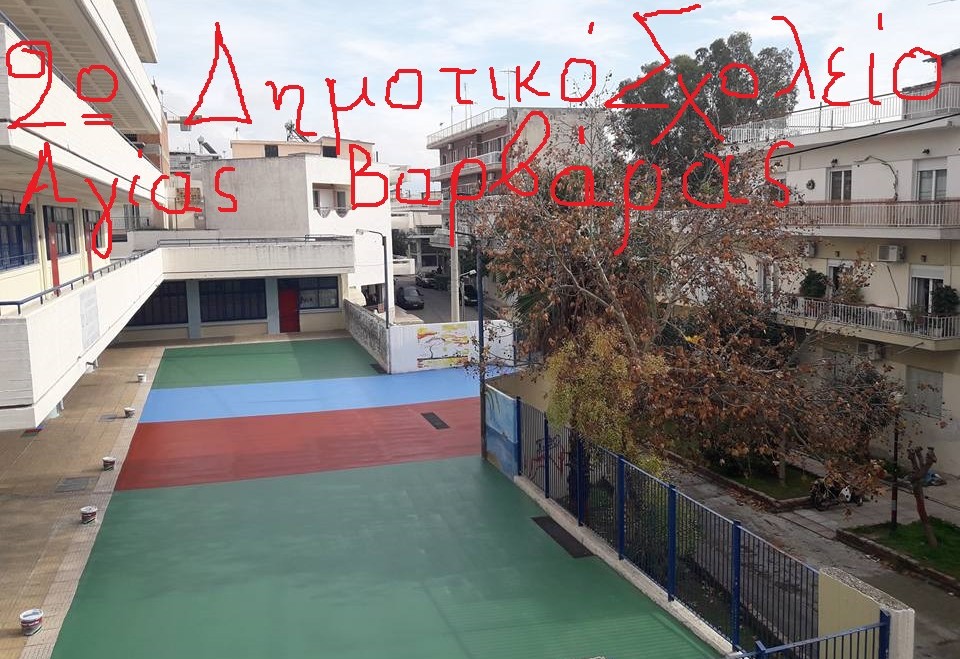πηγή: Brain Pickings.org
 Χρόνια τώρα, ακολουθώ φανατικά το ιστολόγιο της Maria Popova με εξαιρετικές θεματικές με άξονα τη φιλοσοφία, τη λογοτεχνία, την τέχνη, τη συγγραφή και κάθε ανάρτησή της είναι μοναδική.
Χρόνια τώρα, ακολουθώ φανατικά το ιστολόγιο της Maria Popova με εξαιρετικές θεματικές με άξονα τη φιλοσοφία, τη λογοτεχνία, την τέχνη, τη συγγραφή και κάθε ανάρτησή της είναι μοναδική.
Σήμερα έπεσα -γιατί ανεβάζει πολλά και για πολλούς συγγραφείς, ιστορικούς, επιστήμονες, καλλιτέχνες- πάνω σε μία ανάρτηση για την καλοσύνη. Ο George Saunders, συγγραφέας, σε μία τελετή αποφοίτησης του Πανεπιστημίου των Συρακουσών έδωσε μία ομιλία μοναδικής σοφίας, μες στην οποία συμπεριέλαβε ένα κομμάτι που περιγράφει τη σημασία της καλοσύνης στη ζωή μας και πώς μετανιώνει για όλες τις αποτυχημένες στιγμές που δεν έδειξε καλοσύνη.
Το απόσπασμα εικονογραφήθηκε και το περιεχόμενο του παρατίθεται παρακάτω:
Το απόσπασμα εικονογραφήθηκε και το περιεχόμενο του παρατίθεται παρακάτω:
I’d say, as a goal in life, you could do worse than: Try to be kinder.
In seventh grade, this new kid joined our class. In the interest of confidentiality, her name will be “ELLEN.” ELLEN was small, shy. She wore these blue cat’s-eye glasses that, at the time, only old ladies wore. When nervous, which was pretty much always, she had a habit of taking a strand of hair into her mouth and chewing on it.So she came to our school and our neighborhood, and was mostly ignored, occasionally teased (“Your hair taste good?” — that sort of thing). I could see this hurt her. I still remember the way she’d look after such an insult: eyes cast down, a little gut-kicked, as if, having just been reminded of her place in things, she was trying, as much as possible, to disappear. After awhile she’d drift away, hair-strand still in her mouth. At home, I imagined, after school, her mother would say, you know: “How was your day, sweetie?” and she’d say, “Oh, fine.” And her mother would say, “Making any friends?” and she’d go, “Sure, lots.”Sometimes I’d see her hanging around alone in her front yard, as if afraid to leave it.And then — they moved. That was it. No tragedy, no big final hazing.One day she was there, next day she wasn’t.End of story.Now, why do I regret that? Why, forty-two years later, am I still thinking about it? Relative to most of the other kids, I was actually pretty nice to her. I never said an unkind word to her. In fact, I sometimes even (mildly) defended her.But still. It bothers me.So here’s something I know to be true, although it’s a little corny, and I don’t quite know what to do with it:What I regret most in my life are failures of kindness.Those moments when another human being was there, in front of me, suffering, and I responded … sensibly. Reservedly. Mildly.Or, to look at it from the other end of the telescope: Who, in your life, do you remember most fondly, with the most undeniable feelings of warmth?Those who were kindest to you, I bet.But kindness, it turns out, is hard — it starts out all rainbows and puppy dogs, and expands to include . . . well, everything.”
